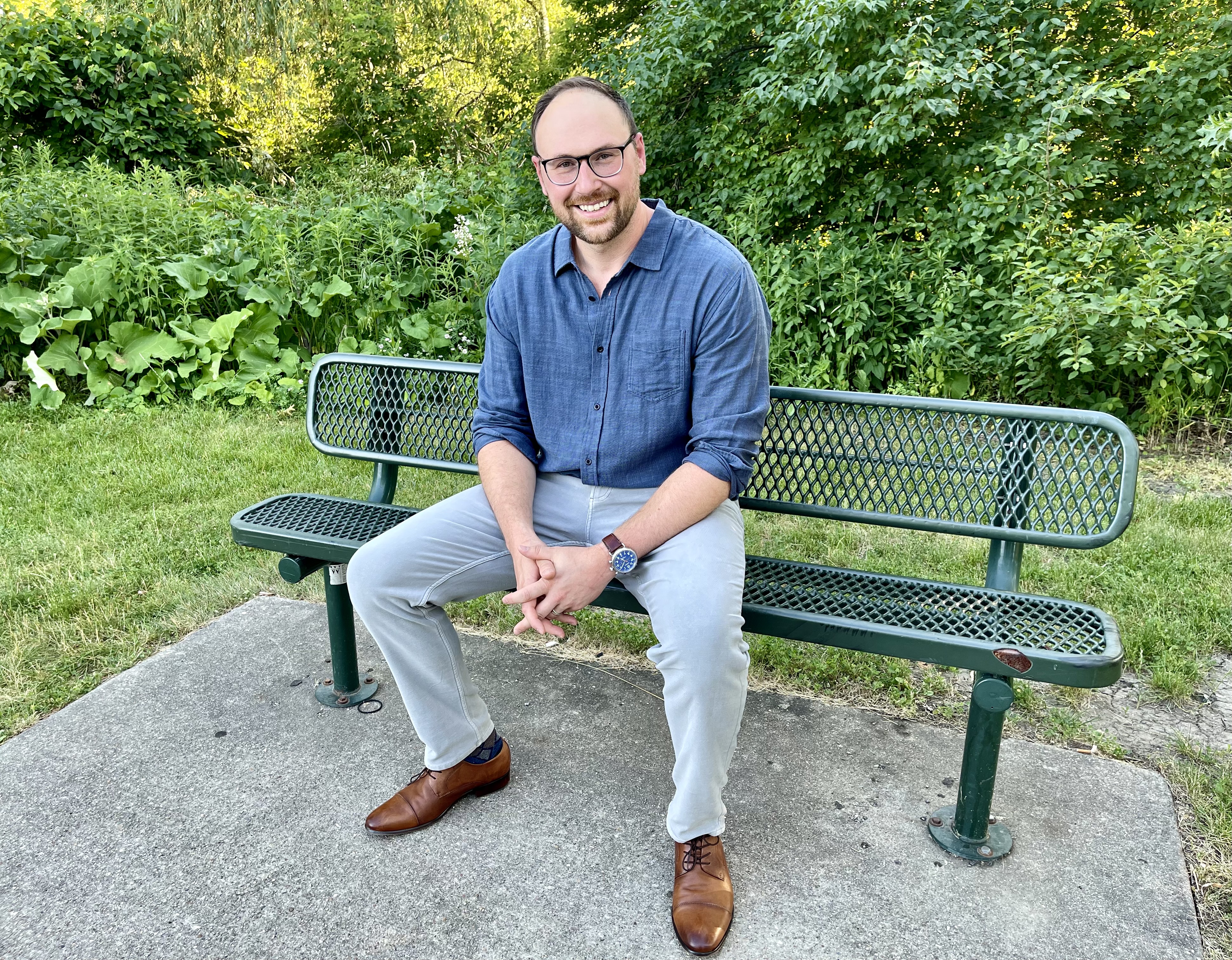
6 Reasons We Are More Depressed Than Our Ancestors
“Nothing in biology makes sense except in the light of evolution”
–Theodore Dobzhansky
It can be difficult to truly grasp the amount of time humans have been evolving. Imagine a mound of 2,000 apples that represent the entire span of human history. Now, imagine removing TWO apples from the mound; those represent the time since the industrial revolution.
Most of those apples signify a period of time that was spent in small tribal communities living off the land. Over thousands of years, our bodies and minds have been fine-tuned to fit that environment. We must remember this when considering our mental health as modern day humans. As Dr. Stephen Ilardi has eloquently stated:
“We were never designed for the sedentary, indoor, sleep-deprived, socially-isolated, fast-food-laden, frenetic pace of modern life.”
The dramatic change in lifestyle from hunter-gatherer societies has left many of us disconnected to the evolutionarily sound lifestyle of our ancestors. Research is now confirming how this shift may be a large part of why we are more depressed, depleted, and – well, frankly – miserable than any other time in history.
We are sleep deprived
Sleep is an essential part of human life, but sadly many of us are not getting the restorative shuteye that our ancestors received on a daily basis.
Among the numerous benefits of sleep, researchers have recently discovered that while we sleep our brain flushes out unnecessary neurons and residue that has accumulated during waking hours. A good night sleep literally cleans and reboots the brain, having positive effects on our mental health.
The average person in the U.S. gets about 6.5 hours of sleep a night, while our ancestors slept on average 9-10 hours.
We aren’t getting enough exercise
Whether it was hunting, running from tigers, dancing amongst the tribe, or simply gathering resources from the surrounding area our ancestor’s typical day was filled with movement and lots of it.
There is a vast amount of research surrounding the health benefits of exercise including its ability to boost the production of a hormone called Brain-Derived Neurotrophic Factor (BDNF). This hormone has been shown to aid in the maturation, growth, and maintenance of nerve cells, having positive effects on our mental wellness.
It is estimated that the average hunter-gatherer would have “exercised” at least 2 hours a day. Meanwhile, it is estimated that 60% of the U.S. population does not regularly exercise.
We are more isolated
I cannot stress how important it is to remember we are social beings. Without other people, we never would have survived.
Take a few seconds and think of all the times in a typical day you are alone, or feel alone. This would have rarely happened in a hunter-gatherer society.
It was always advantageous to have someone else with us. This helped us remain safe on a hunt, keep watch while we were asleep, and develop close bonds for mating and child-rearing. The stimulating, coregulatory effects of positive relationships inhibits a depressed mood.
As our culture continues to cater to a life of isolation, we have to consciously make an effort to connect with others.
We are deficient in Omega-3 fatty acids
Yes, there is a good reason to add fish oil to your morning breakfast… and no, it isn’t just a nonsense fad. Omega-3 is imperative to both our mental and physical health. It helps to build cell membranes, reduce brain inflammation, and promotes brain cell formation.
Unfortunately, over time this essential fat has been phased out of our diet. We are more likely to consume Omega-6, which is pro-inflammatory and contributes to chronic inflammation.
Grass-fed animals have higher amounts of Omega-3, which has become more of the exception than the rule when it comes to our livestock. We also don’t eat as many of the foods that naturally contain Omega-3, such as fresh fish, sea vegetables, walnuts, and flaxseeds.
Our ancestors were receiving a 1:1 ratio of Omega-6 and Omega-3 fats in their diet. The average U.S. citizen will consume a 16:1 ratio of Omega-6:Omega-3. This change in diet has increased the chances of developing depression, and adding it to your diet can only help promote a healthier brain.
We aren’t exposed to natural light
Our ancestors would experience high-intensity light from the sun during the day, and much lower levels of light in the evening hours.
Today, we are subject to the opposite of what our brain was designed to react to over the course of a day. During the day, we are exposed to light at a much lower intensity with the advent of weak indoor lighting. In the evening, our lighting at home is at a higher intensity than our ancestors were used to experiencing.
Introducing higher intensity light during the day (especially during the winter months) has shown to have antidepressant effects. Without the external cues of light from the environment, our biological clock cannot function properly. This, in turn, can affect our sleep, appetite, mood, and energy levels.
You can expose yourself to higher intensity light by using a lightbox (commonly used for seasonal affective disorder).
We have too much time to think
Our ancestors had very little time to sit and dwell on negative thoughts and feelings. Their day was packed with physical activity, social interactions, or getting their next meal. This decreased any time they had to think about a recent setback.
Today, we have built a lifestyle that allows for more time to ruminate about negative thoughts and feelings, which is also a hallmark of depression. It’s difficult to ruminate while interacting with others, another reason why too much isolation can have negative effects on our mood.
*Although integrating these lifestyle changes can have antidepressant effects, depression is a complex disorder that needs appropriate treatment. If you or a loved one is currently struggling with symptoms of depression please contact a mental health professional.
This research has been adapted to a therapy called “therapeutic lifestyle change” which is lead by Dr. Ilardi. For more information on the theory and research click HERE.
Adam Lencioni is a licensed mental health counselor empowering individuals and couples to overcome their personal obstacles and create flourishing, satisfying lives. He currently practices at CFC Therapy Group in Chicago, IL. Contact him at adam@cfctherapy.com.

